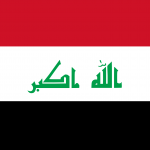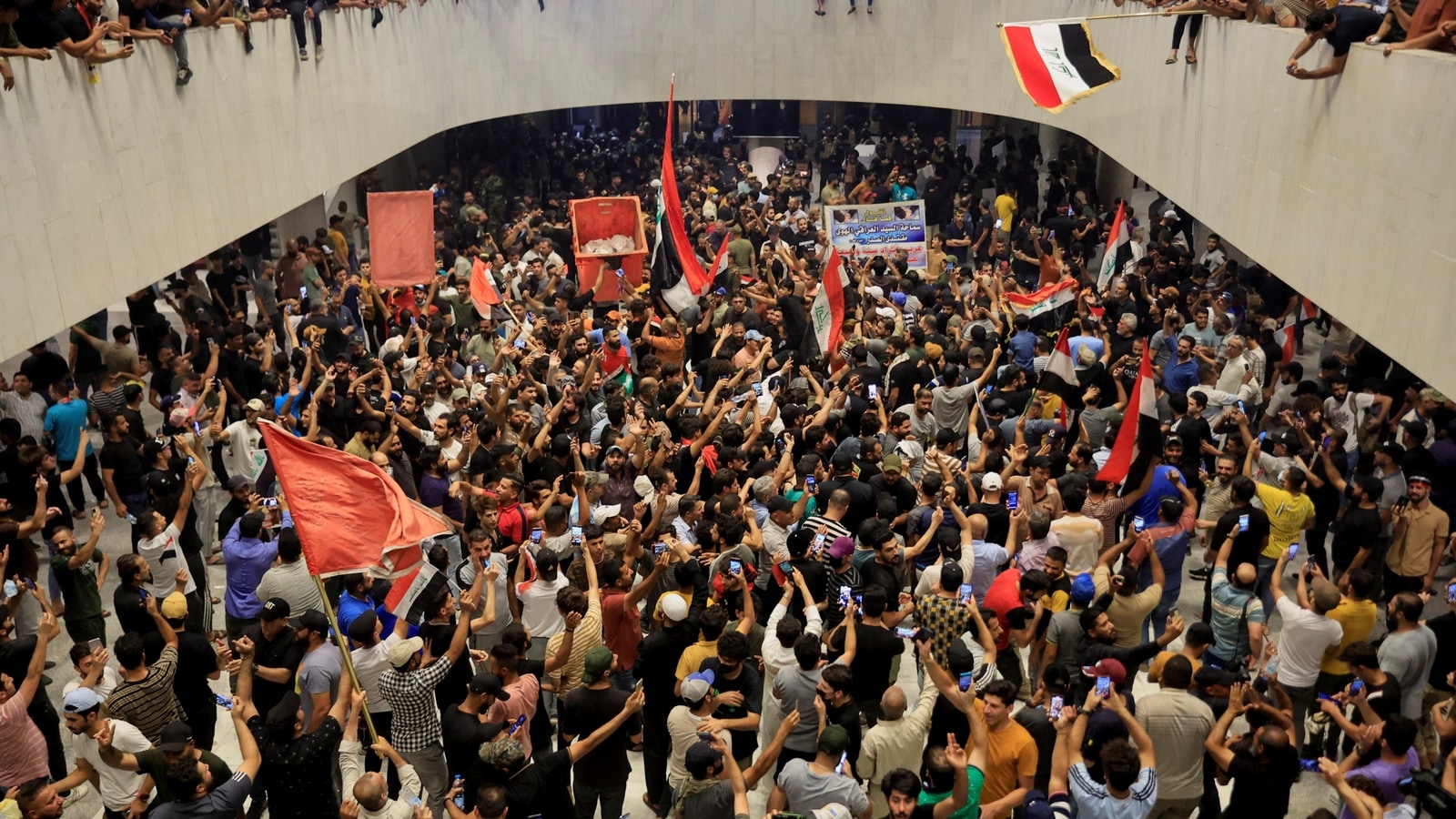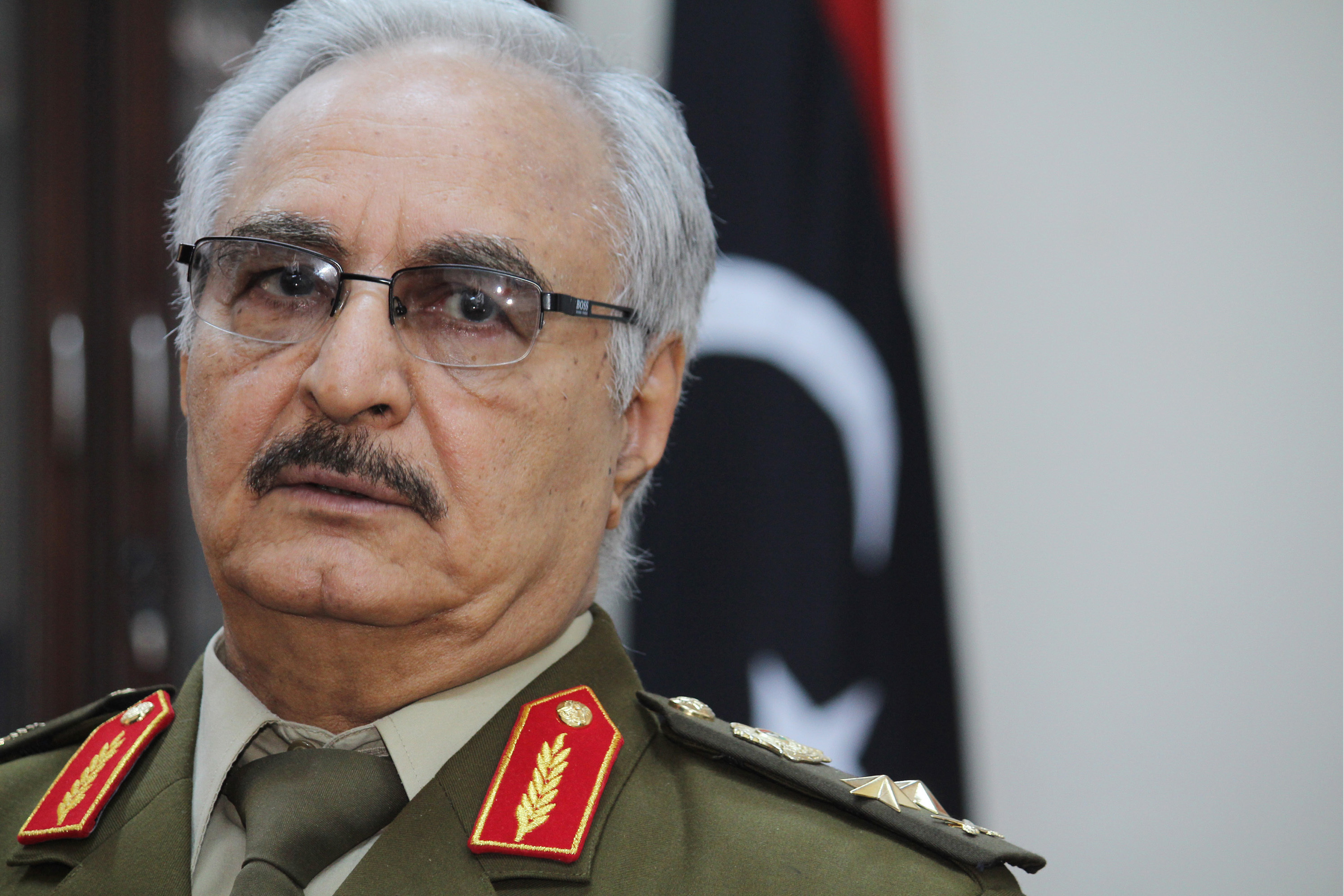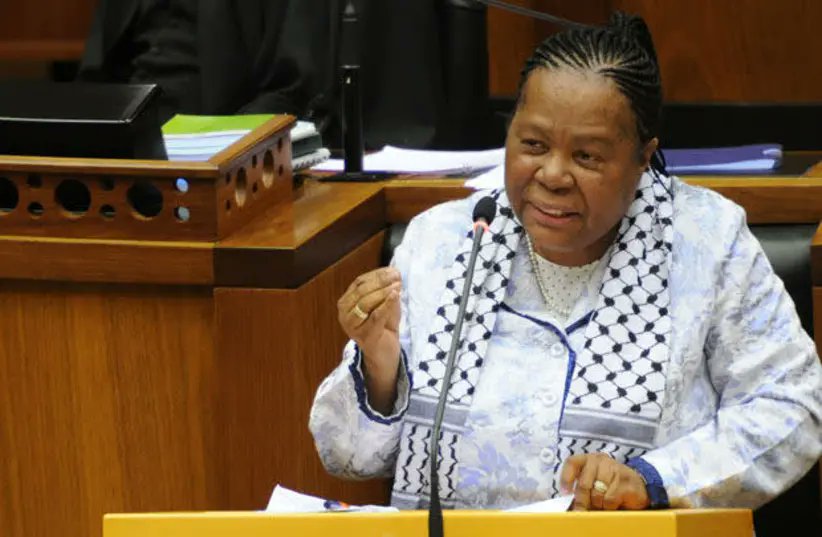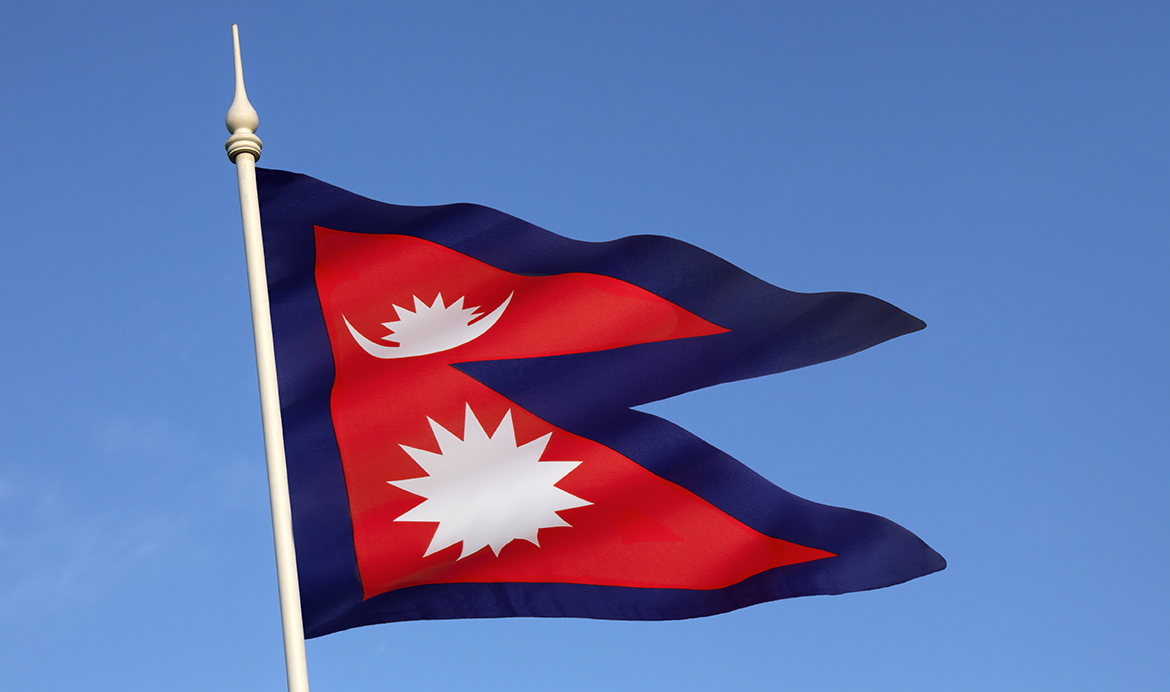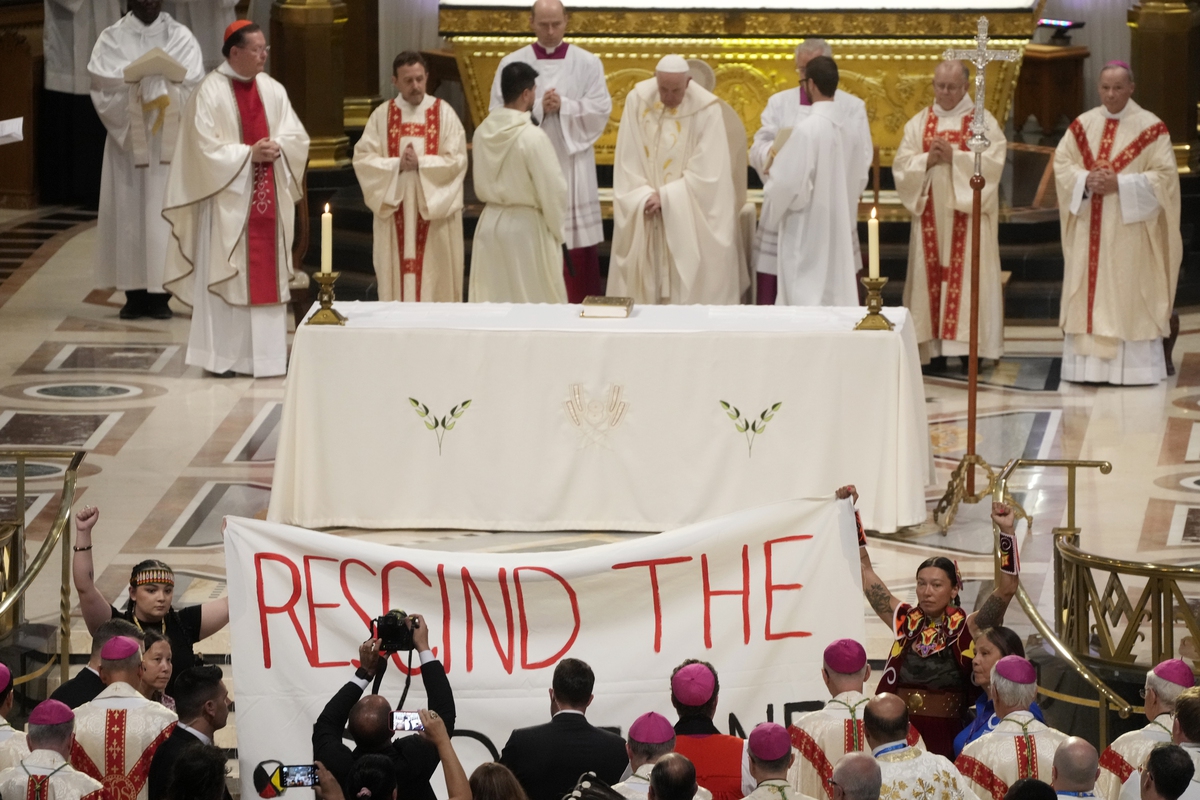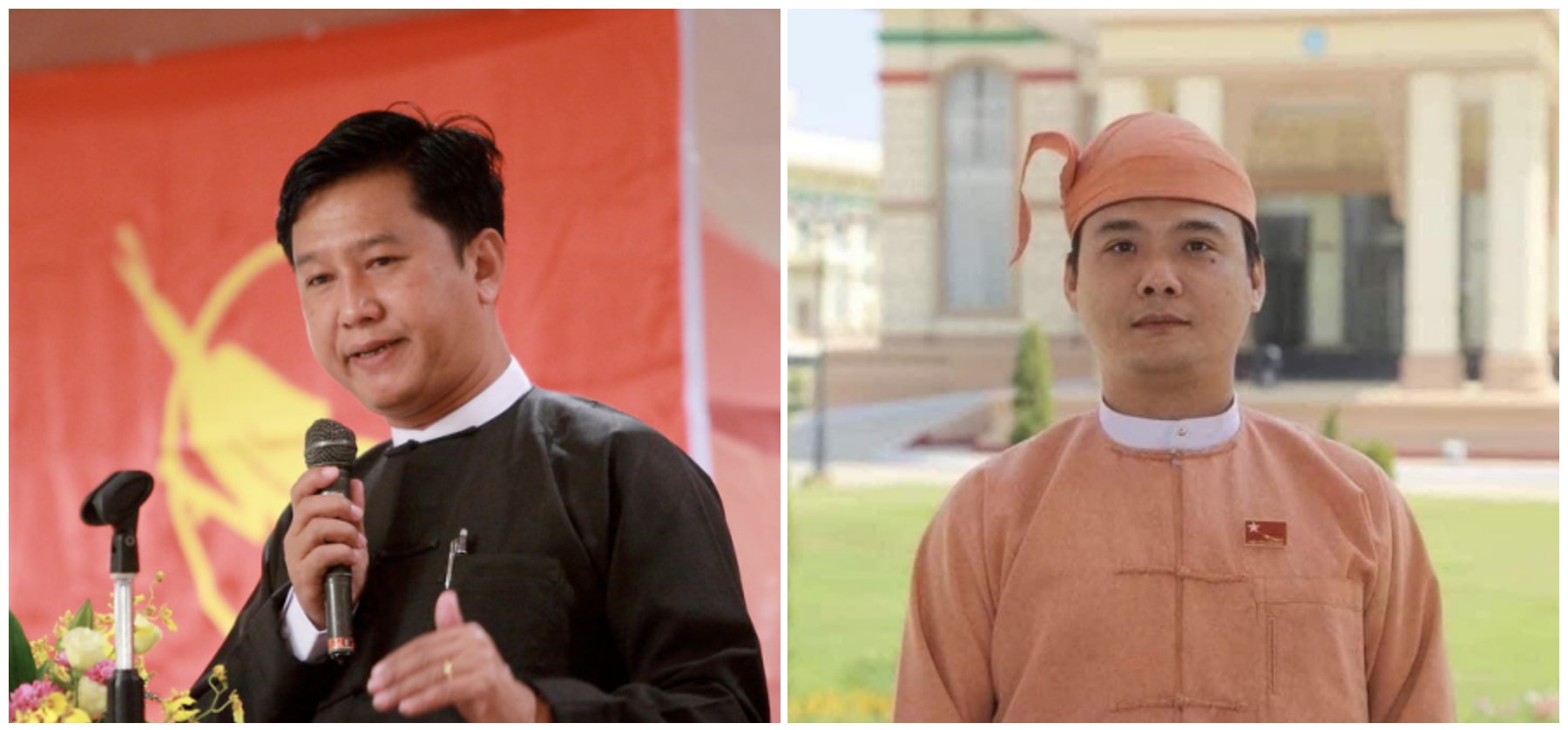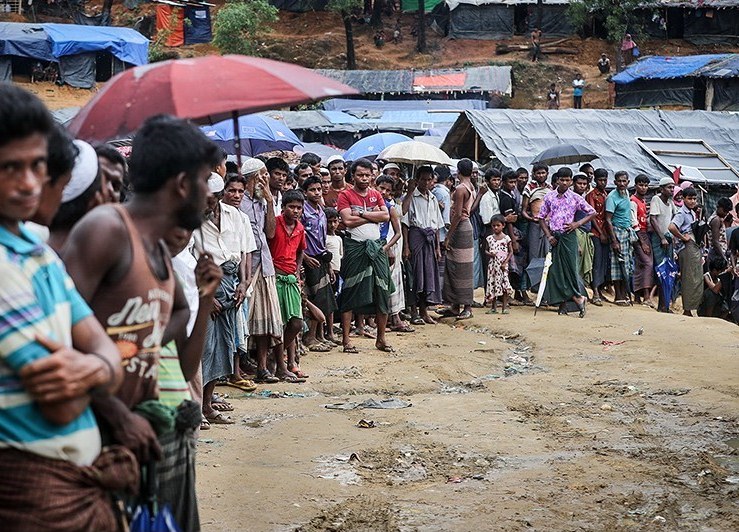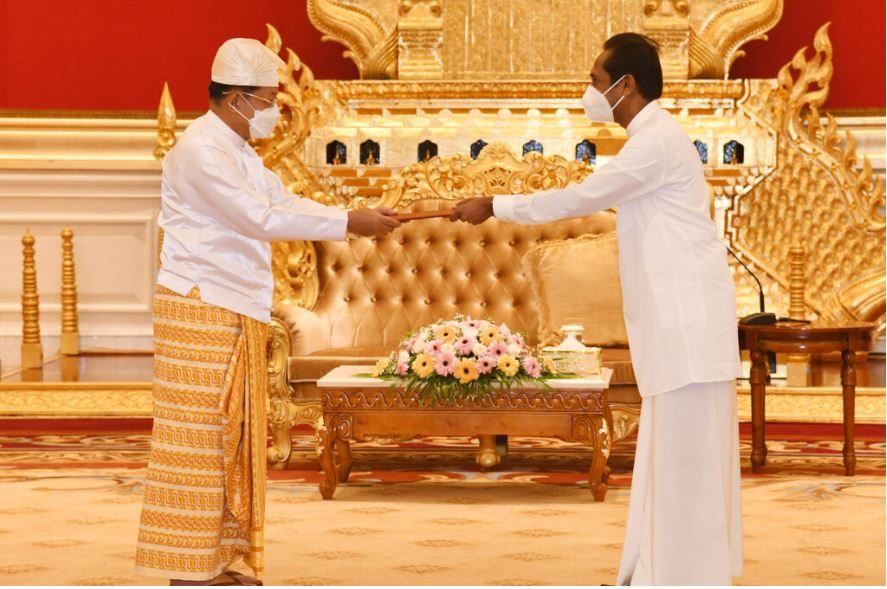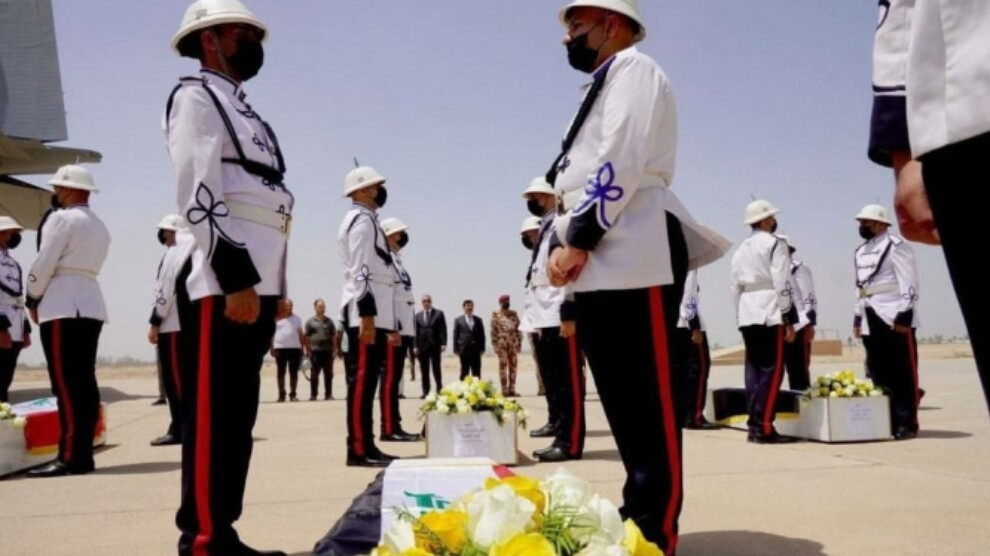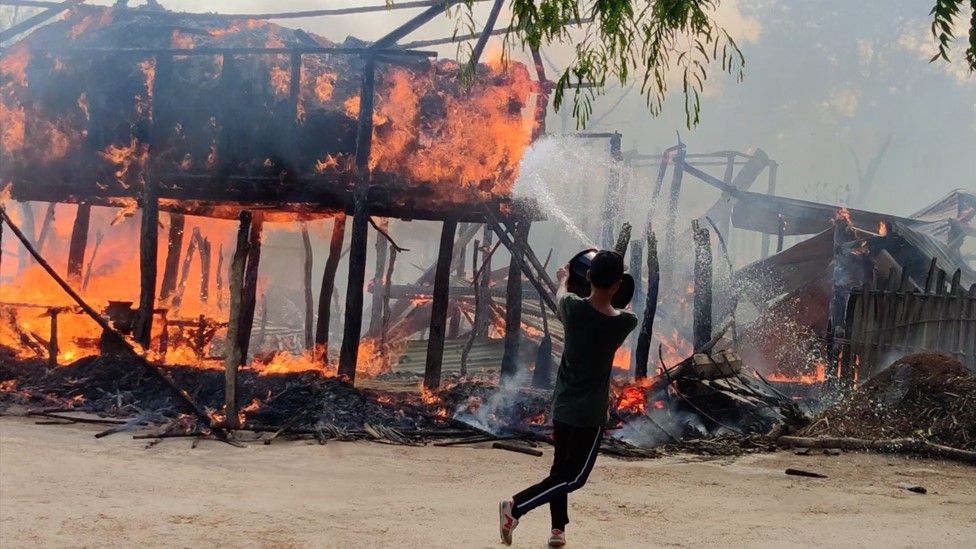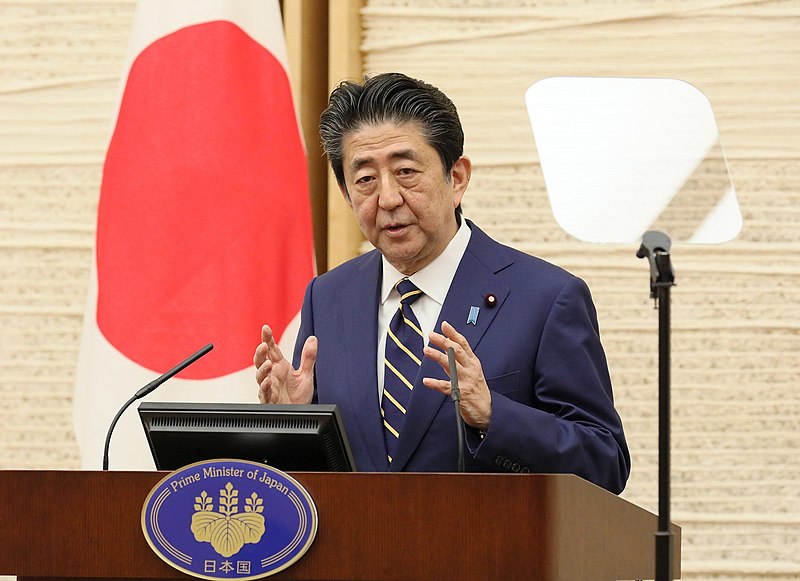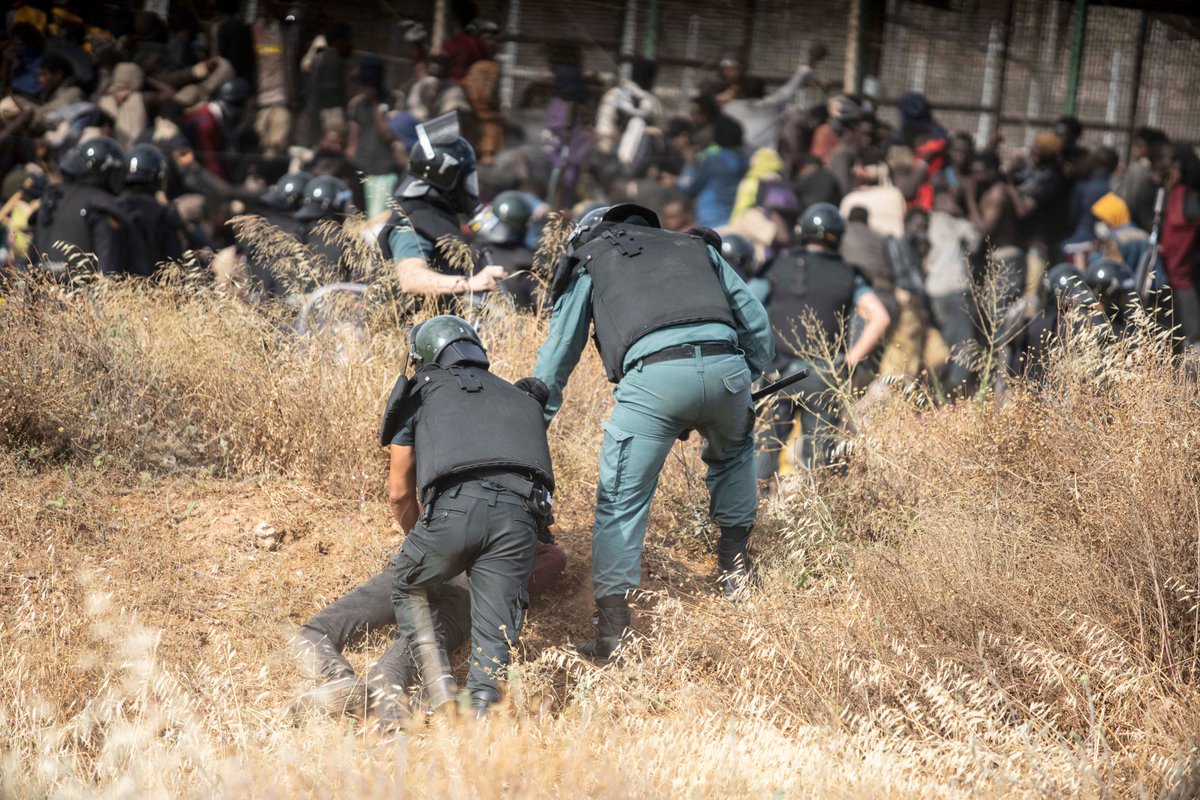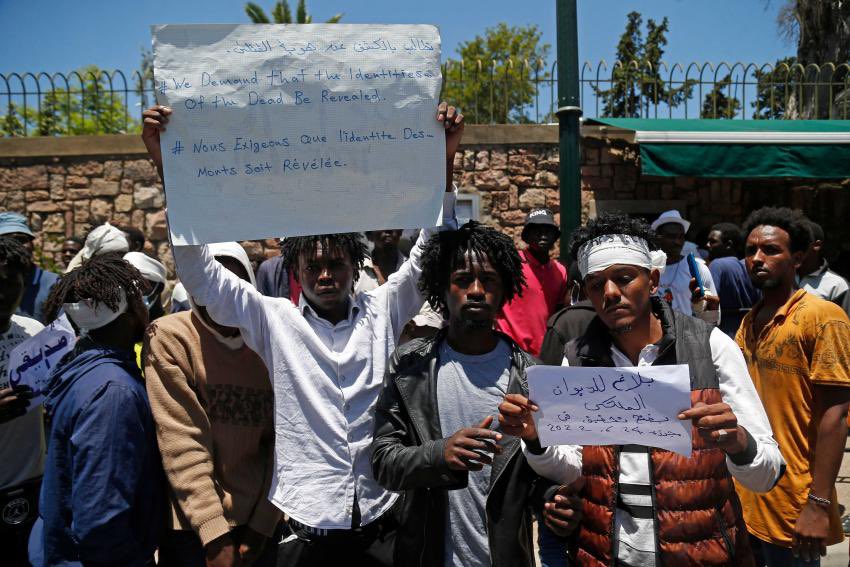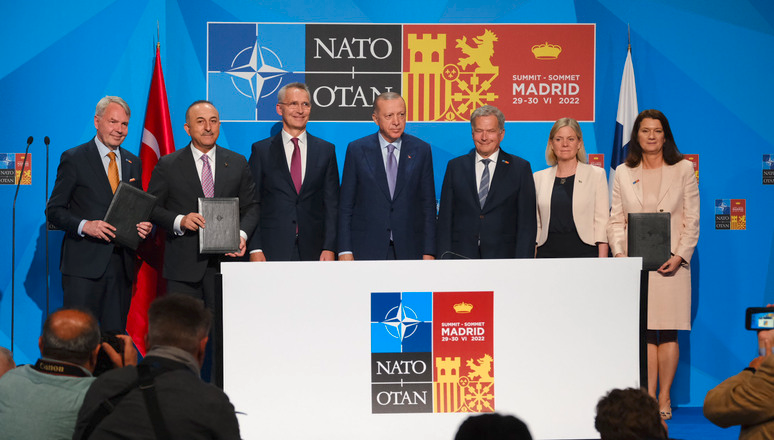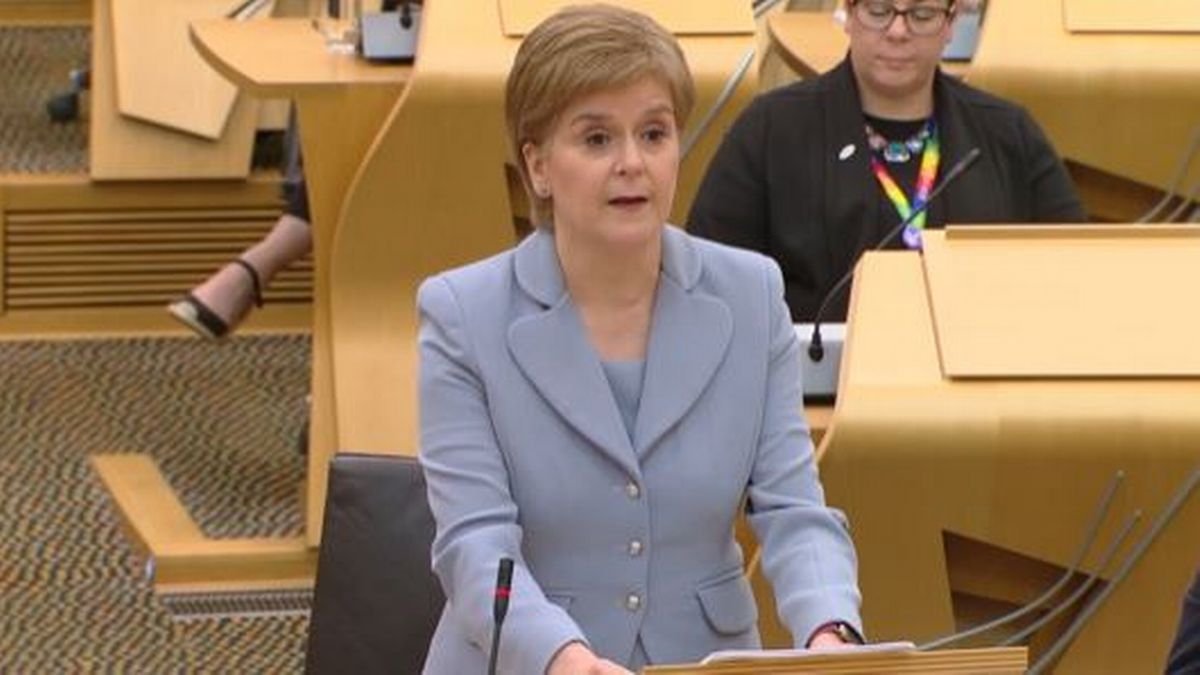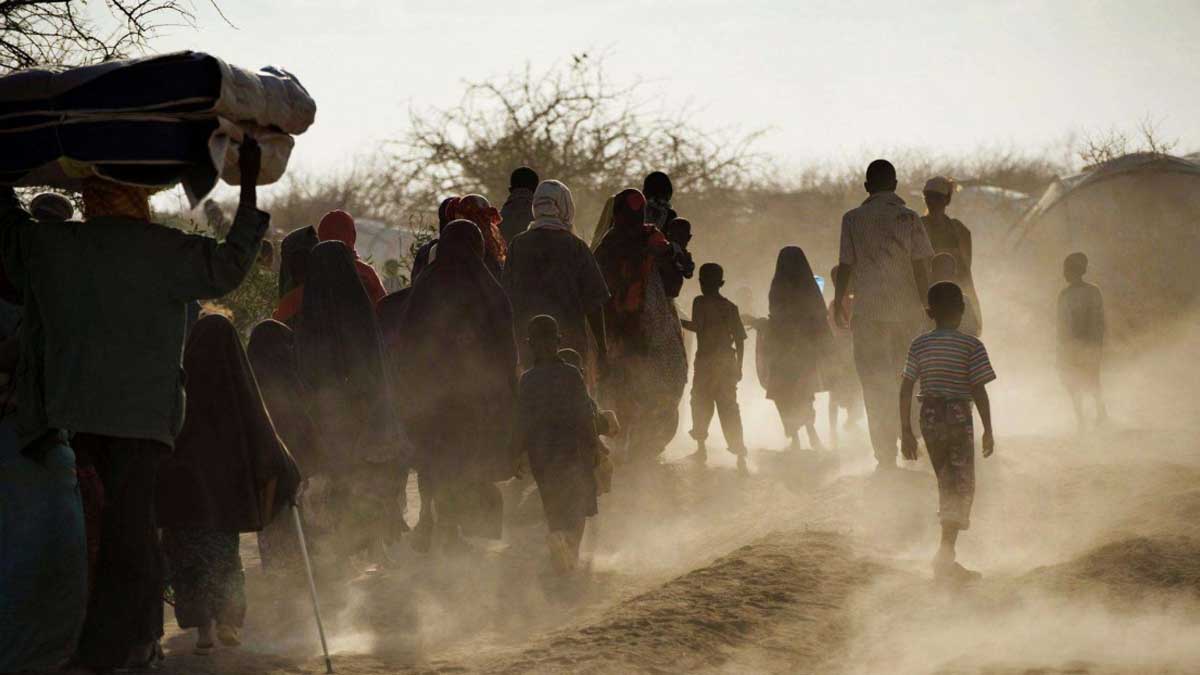Iraq protestors sit-in occupation of parliament continues
Iraq protestors and supporters of cleric Moqtada al-Sadr have stormed parliament and continue to occupy it, calling for early elections to be held.
Thousands of followers of the influential Shia cleric stormed into Iraq's parliament on Saturday, protesting against the government formation effort led by the scleric's rivals, an alliance of Iran-backed groups.
Iraqi security forces initially used teargas and stun grenades to try to repel the demonstrators, who are followers of the cleric Muqtada al-Sadr. Once inside, the protesters declared an open-ended sit-in and claimed they would not disperse until their demands were answered.
Demonstrators used ropes and chains to pull down cement barricades at the gate of Baghdad's heavily fortified Green zone, which houses government buildings and embassies
The development showed al-Sadr was using his large grassroots after as a pressure tactic against his rivals, after his party was not able to form a government despite having won the largest number of seats in the federal elections held last October.
Sadr won the largest number of seats in parliament in an October election but failed to form a government that would exclude his Iran-backed rivals.
Now, 10 months since the last elections, the political vacuum is shaping up to be the longest since the US-led 2003 invasion to oust Iraqi dictator Saddam Hussein reset the country’s political order.
Al-Sadr’s rivals in the Coordination Framework – an alliance of Shia parties backed by Iran and led by former prime minister Nouri al-Maliki – showed signs of internal divisions later on Saturday.
Read more at Reuters

